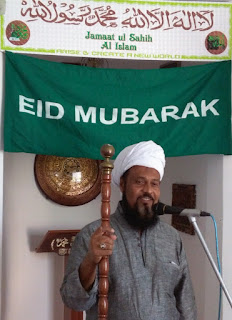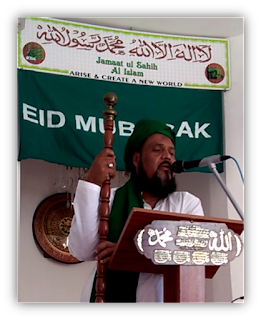 With the exodus of hundreds of thousands of Rohingya Muslims of Myanmar (Burma) under conditions of intense distress occasioned by the brutal military crackdown in the country, a humanitarian catastrophe is unfolding in South and South-East Asia. The UN agencies estimate that close to half a million Rohingyas have become refugees in the last three weeks alone, with the pass over of the people fleeing violence in Myanmar to Bangladesh and India, and also seeking to reach to Malaysia and Indonesia through the sea. The crisis is a direct consequence of the disproportionate and wanton use of force by the military in the so-called "counter-terror operations" in the Rakhine State where the majority of the Muslim people live and face acute discrimination over the decades.
With the exodus of hundreds of thousands of Rohingya Muslims of Myanmar (Burma) under conditions of intense distress occasioned by the brutal military crackdown in the country, a humanitarian catastrophe is unfolding in South and South-East Asia. The UN agencies estimate that close to half a million Rohingyas have become refugees in the last three weeks alone, with the pass over of the people fleeing violence in Myanmar to Bangladesh and India, and also seeking to reach to Malaysia and Indonesia through the sea. The crisis is a direct consequence of the disproportionate and wanton use of force by the military in the so-called "counter-terror operations" in the Rakhine State where the majority of the Muslim people live and face acute discrimination over the decades.  In a special discourse/Message issued on 12 September 2017 against the backdrop of the ongoing persecution of the Rohingya Muslims, Imam Muhyi-ud-Din Al Khalifatullah Hadhrat Munir Ahmad Azim Saheb (atba) of Mauritius reminds us of certain important considerations at the heart of the humanitarian problem engulfing the international community. Anyone who is interested in world peace and believe in our common humanity and shared future in a multi-cultural world (of different nations and diverse religions in co-existence) can only applaud the spirit of the Message of Hadhrat Khalifatullah (atba).
In a special discourse/Message issued on 12 September 2017 against the backdrop of the ongoing persecution of the Rohingya Muslims, Imam Muhyi-ud-Din Al Khalifatullah Hadhrat Munir Ahmad Azim Saheb (atba) of Mauritius reminds us of certain important considerations at the heart of the humanitarian problem engulfing the international community. Anyone who is interested in world peace and believe in our common humanity and shared future in a multi-cultural world (of different nations and diverse religions in co-existence) can only applaud the spirit of the Message of Hadhrat Khalifatullah (atba). Directly addressing the Myanmar leadership responsible for the 'ethnic cleansing'/genocidal crimes against the Rohingya people, Hadhrat Khalifatullah (atba) delivers a note of caution and warning: Governments and leaders who preside over the egregious violation of fundamental human rights and oppress the poor in God's earth shall be condemned and pursued by the long arm of Divine Justice.






